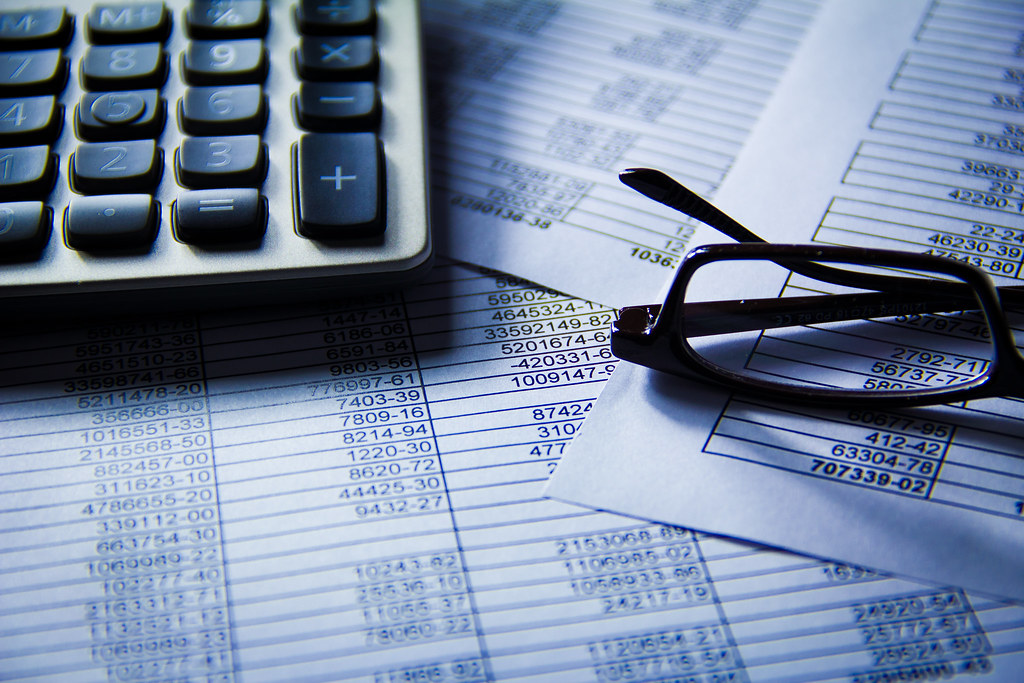Whether you can afford it is undoubtedly the most important factor, but there are some other things that you should also take into consideration. Keep reading for our comprehensive guide on how to know if you’re ready to get a mortgage. Note that you certainly don’t need to fulfill all of these criteria; some of them may not apply to you, but you still feel that now is the right time to get on the property ladder. These are just important things to consider before making such a big decision.
You’re in Good Financial Standing
No matter how emotionally prepared for buying a house you are, you won’t get far if you can’t afford a mortgage. Generally, you’ll need a minimum of 5% of the total cost of the property to put down as a deposit, but it’s better to put down as much as you can since this will reduce your monthly repayment. Luckily, you don’t have to do a lot of the work yourself; Trussle’s MIP (mortgage in principle) will help you find out exactly how much you can borrow. First they’ll do a soft credit check, before checking your eligibility with 18 different lenders for an accurate calculation of the mortgage rate you can afford. However, before you approach Trussle or your chosen mortgage broker, it’s wise to do a general overview of your financial standing/budget. Here are some of the things you’ll be asked about when you approach a lender:
Income
As a general rule, you should assume that you can afford a mortgage that’s up to 2.5 x more than your yearly salary. One of the first things lenders will ask for is proof of your income, normally in the form of a pay stub or tax return. If you’ve been in your current job for less than two years, you may want to hold off on buying your first home. Being under one long-term employer will show lenders that you’re reliable, and that your income is very unlikely to decrease or become otherwise unstable.
Expenses
A good mortgage lender will want to see what your monthly outgoings are. Things like bills and insurance are to be expected, but you should be aware that things like unpaid loans or suspicious purchases will be examined too. If there’s a lot of unpaid debt in your name, it’s more likely that you’ll default on mortgage payments, so lenders may be hesitant to take you on. On the other hand, being generally financially responsible is a good sign that you’re ready to buy.
You Have a Five Year Plan
It goes without saying that buying a house means you’re committed to living in it for the forseeable future. Most mortgages last for 25-30 years, but you need to stay in your property for at least five to ten years for it to be a worthy investment. There’s no point in becoming a homeowner right now if you plan on moving across the country to be with a long-distance partner, for example – something that 14 million couples in the USA might need to consider. Before applying for a mortgage, you might want to ask yourself the following lifestyle-related questions:
Do I have/do I plan on having children?Does my current town/city have good career options for me?Is my chosen property close to work and amenities? Do my goals align with my partner’s? (If applicable)
You Can ‘Be Your Own Landlord’
When you rent a property, any faults or repairs within it are usually taken care of by the landlord at no extra cost to yourself. Becoming a homeowner means that you need to be prepared to take care of these responsibilities on your own now, and you must ask yourself whether this is something you can commit to/are emotionally ready for. If your sink springs a leak, are you prepared to call a plumber or even fix it yourself? Have you planned for what to do if the roof caves in? Extreme as it may seem, it’s better to be safe than sorry. Homeowners should aim to save $1 for every square foot of their home in maintenance yearly, so it’s not just monthly mortgage repayments you need to consider. If the idea of dealing with all your house’s faults is too overwhelming right now, it might be best for you to stick to renting for the time being. Overall, there are dozens of aspects of your life that you must consider before you decide to become a homeowner. By using this guide, you’ll hopefully have gained a better understanding of what it means to be ‘ready’ for a mortgage. One of the most important things is that you’re emotionally ready; if you feel that this is the right move in your gut, then you’re ready to take the first step.
Δ




